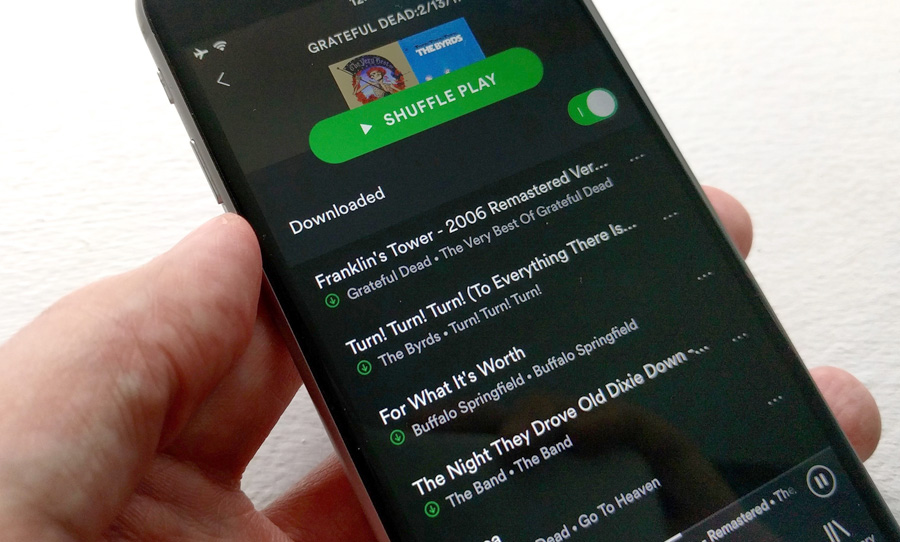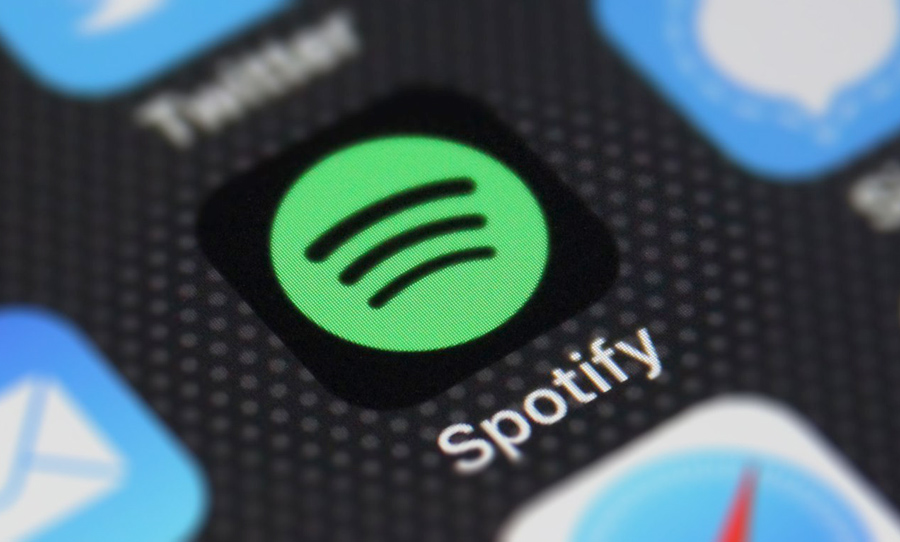It might not be long before what you listen to is shaped by what you say, thanks to Spotify’s voice-based recommendation patent. What are the implications?
Ever get strange ads after a particularly odd conversation, or get spammed with suggestions on what to buy after mentioning your interest once? We all know our devices are the best listeners in the world, funnelling our data to companies like Facebook and Amazon, but now Spotify want part of the action, and the potential is terrifying.
Spotify acquired a patent for voice-based recommendations in early 2018, which would involve detecting emotions in the listener’s speech and recommending music based on them. So if you’re starting to get hangry around lunchtime, Spotify may try to calm you down with some soothing tunes. While that sounds all well and good, this technology has the potential to be incredibly harmful and dangerous.

Before even acknowledging the fact Spotify would be recording every word you say, it is feared that their recommendation system could be used to manipulate users by adhering to their emotions and recommending things to sway their thoughts.
These issues have continually been raised by various activist groups, including NPO Access Now, and the Union of Musicians and Allied Workers (UMAW). Access Now has written an open letter to Spotify, regarding a long list of concerns they have with the patent, including emotional manipulation and gender discrimination. Similarly, the ‘Stop Spotify Surveillance’ website has stated their disgust at the very idea of the patent.
“It could also disproportionately harm trans people and be used to emotionally manipulate all of us. Emotion recognition software is largely seen as racist pseudoscience, it’s disgusting that Spotify is even considering using such a technology to extract data and profit from music listeners”.
Spotify is not shy in creating content based on personal details and listening habits, having always based recommendations and custom playlists on a users nostalgia and taste, going so far as to give users detailed statistics on their listening habits for the year annually. Furthermore, Spotify has recently debuted a “Hey Spotify!” wake word, enabling users to control the app via speech, signalling the potential start of vocal interactivity for the company.
It’s hard to say whether this new technology is something to be feared or just a natural progression of user-friendliness. However, it is without a doubt that this patent has the potential for harm, it is up to Spotify to use it responsibly and how they advertise it.



